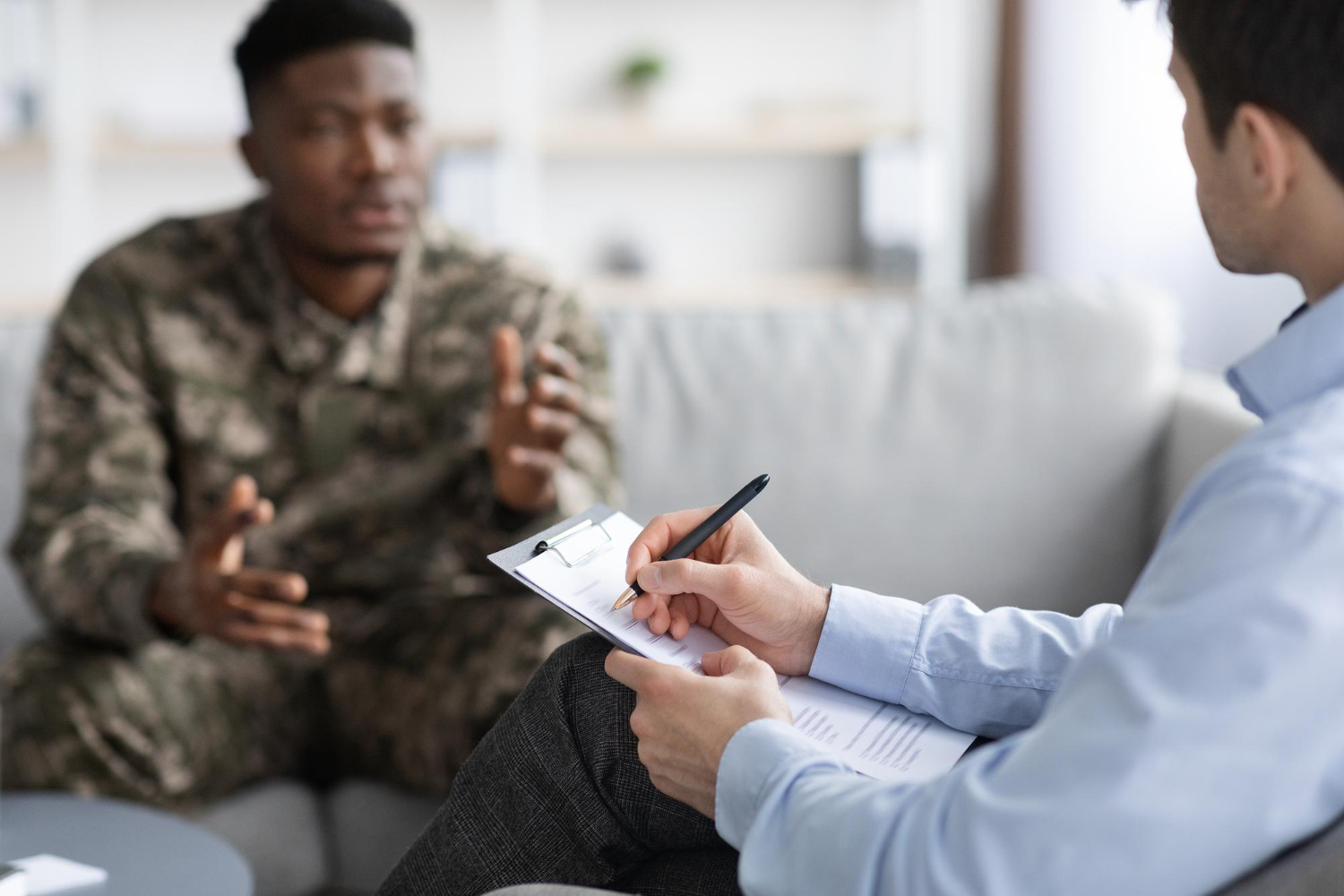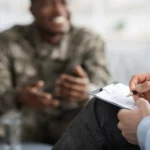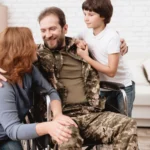For veterans, transitioning from active service to civilian life can be both rewarding and challenging. The complexities of their service, traumatic experiences, and unique challenges can impact how they navigate their way to sobriety. In this new battle, tactics are different. This emphasizes the importance of seeking tailored strategies that will support veterans on their path to recovery. In this blog post, we’ll explore the different strategies for navigating the veterans’ recovery journey.
Facing the Truth: Acknowledging the Need for Help
Veterans often carry invisible wounds from their experiences in combat and the challenges during their time in active service. It is important to address these traumas through therapy, counseling, and support groups that are specifically tailored to veterans’ needs. And it starts with embracing the fact that these traumas exist and are real. Acknowledging the need for help is a strength rather than a weakness. It is time to set aside the concept that seeking help means someone is weak or flawed. Finding a new meaning of strength in seeking help will better equip veterans in their recovery journey.
Finding a Supportive Community
Once veterans come to terms with the new strength to face the need for help, the next part of the mission is to find a supportive community wherein veteran-specific support programs are available. Find a treatment program that offers different services that cater to veterans, including individual and group therapy and support groups. Going to veteran-specific support programs builds a community of encouragement and understanding since, they’re among fellow veterans who have been in similar shoes. Also, seeing fellow veterans who are on different stages of recovery can bring hope and inspiration to those who are just starting.
Breaking Away from Stigma: Creating Open Discussions
Even when veterans start their treatment, they can still worry about stigma from friends, family, or society in general who hold prejudiced views about seeking treatment. Creating open discussions about addiction and mental health issues can provide an avenue for a deeper understanding of their importance. Educating your loved ones about the nature of addiction and the improvement one can attain through treatment may help them move past generalized stereotypes. It may also help to talk about addiction treatment as if it’s part of routine healthcare. If viewed simply as healthcare, stigma towards addiction treatment.
Embracing a ‘New Normal’
Finding purpose and meaning in civilian life is important for veterans’ recovery. This ‘new normal’ for veterans can at times feel pressuring, but this doesn’t prevent them from choosing to give importance to self-care and overall well-being by developing healthy coping strategies such as exercise, mindfulness, and creative outlets. Pursuing further education, community volunteering, seeking new career paths, or engaging in meaningful activities can provide a sense of fulfillment and direction for veterans to power through their lives beyond service.
Stay Connected to Positive Support Systems
Maintaining positive connections with family, friends, fellow veterans, and professionals can aid in a veteran’s overall well-being. Nurturing positive relationships with these people can foster encouragement and support during challenging times. Surrounding yourself with friends, family, and people who support your decision to seek treatment while distancing yourself from people who hold prejudiced views about it may be beneficial to your recovery.
The Journey to Healing Starts with Professional Treatment
Veterans may find treatment and recovery to be difficult, but with professional help, it can make healing possible. With a veteran’s addiction treatment program, they can have access to services such as detox, therapy, group counseling, and many more. Reaching out and seeking help is the best way to move forward and equip them with strategies to navigate the path towards recovery.
Here at the California Recovery Center, we are prepared to help you navigate your recovery journey through our Veteran Care Program, where we provide addiction treatment services specifically designed to cater to the unique needs of veterans. We offer close monitoring through our detoxification services, our inpatient program where veterans are offered individual, group, and trauma therapy, and our outpatient programs where we support veterans through alumni programming and continued treatment planning outside of the facility. If you or your loved one is a veteran looking for treatment and recovery programs, feel free to reach out to us today at (916) 848-5744.








